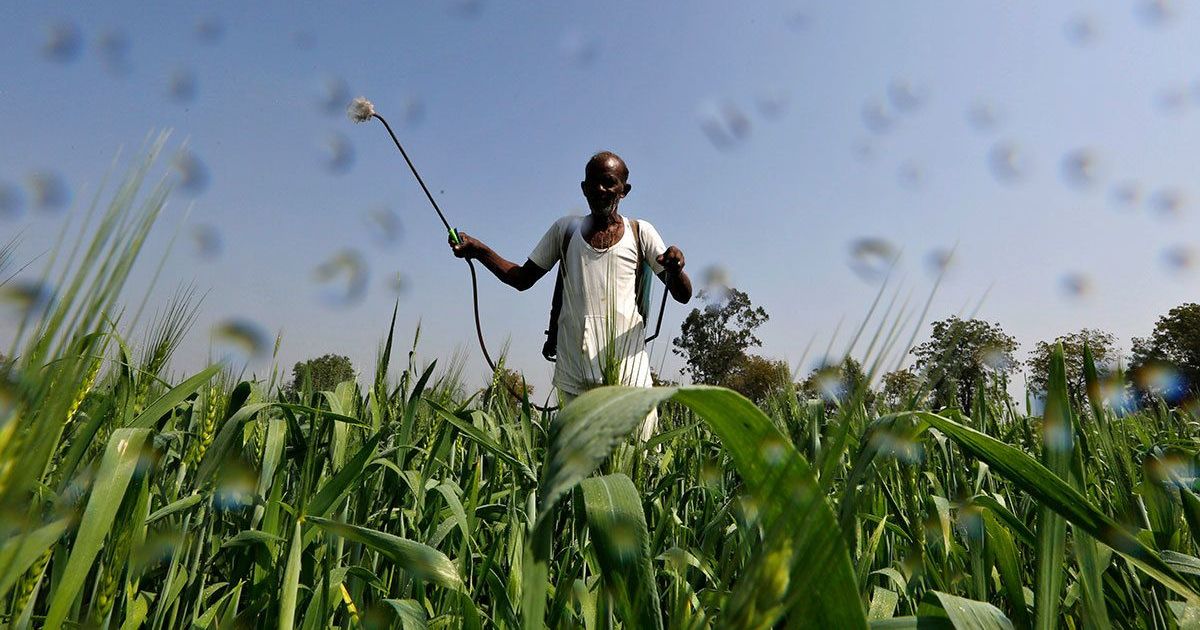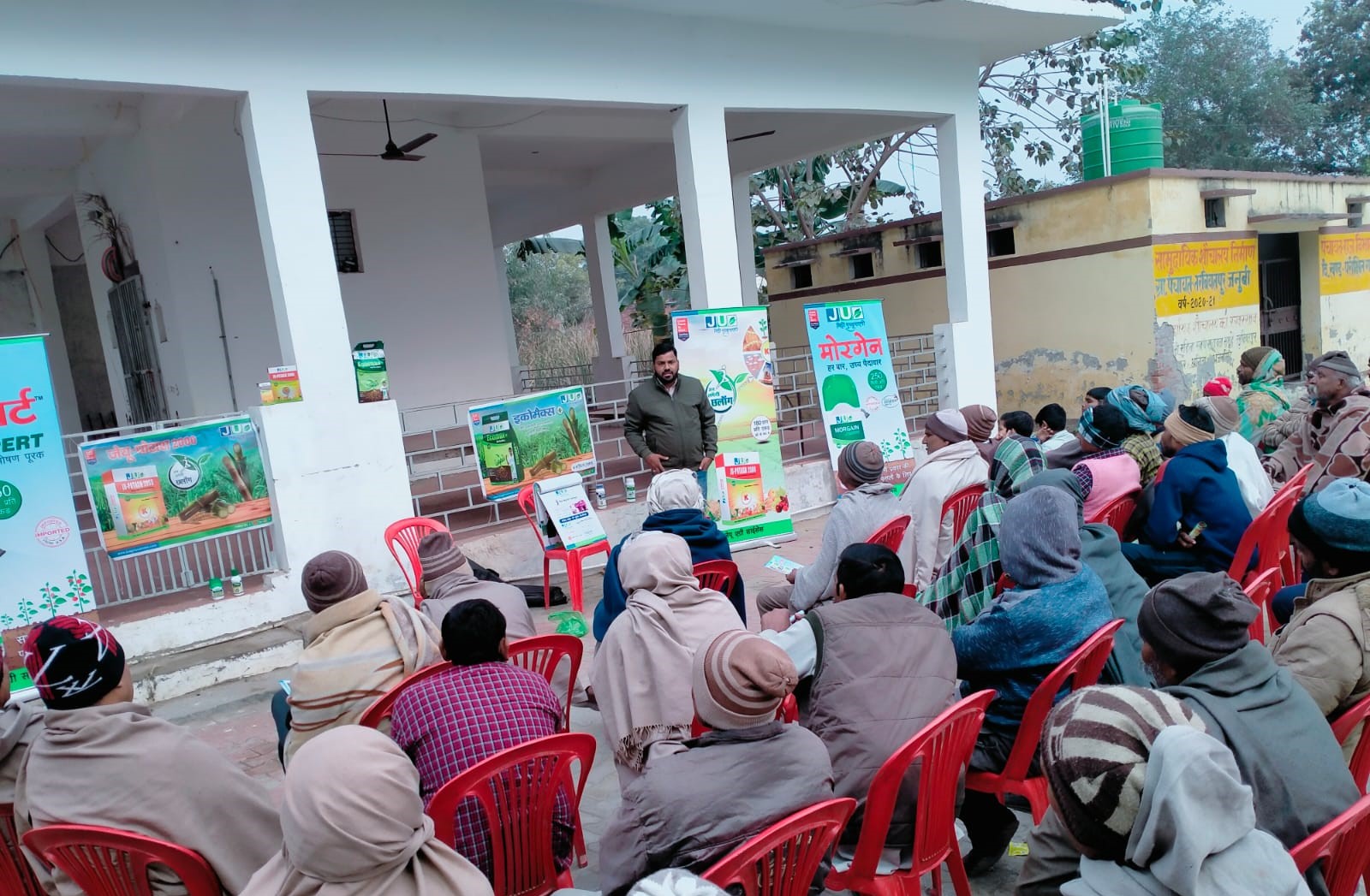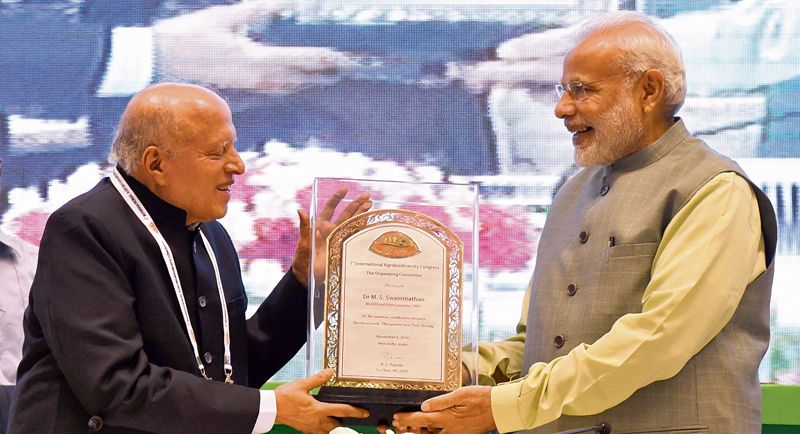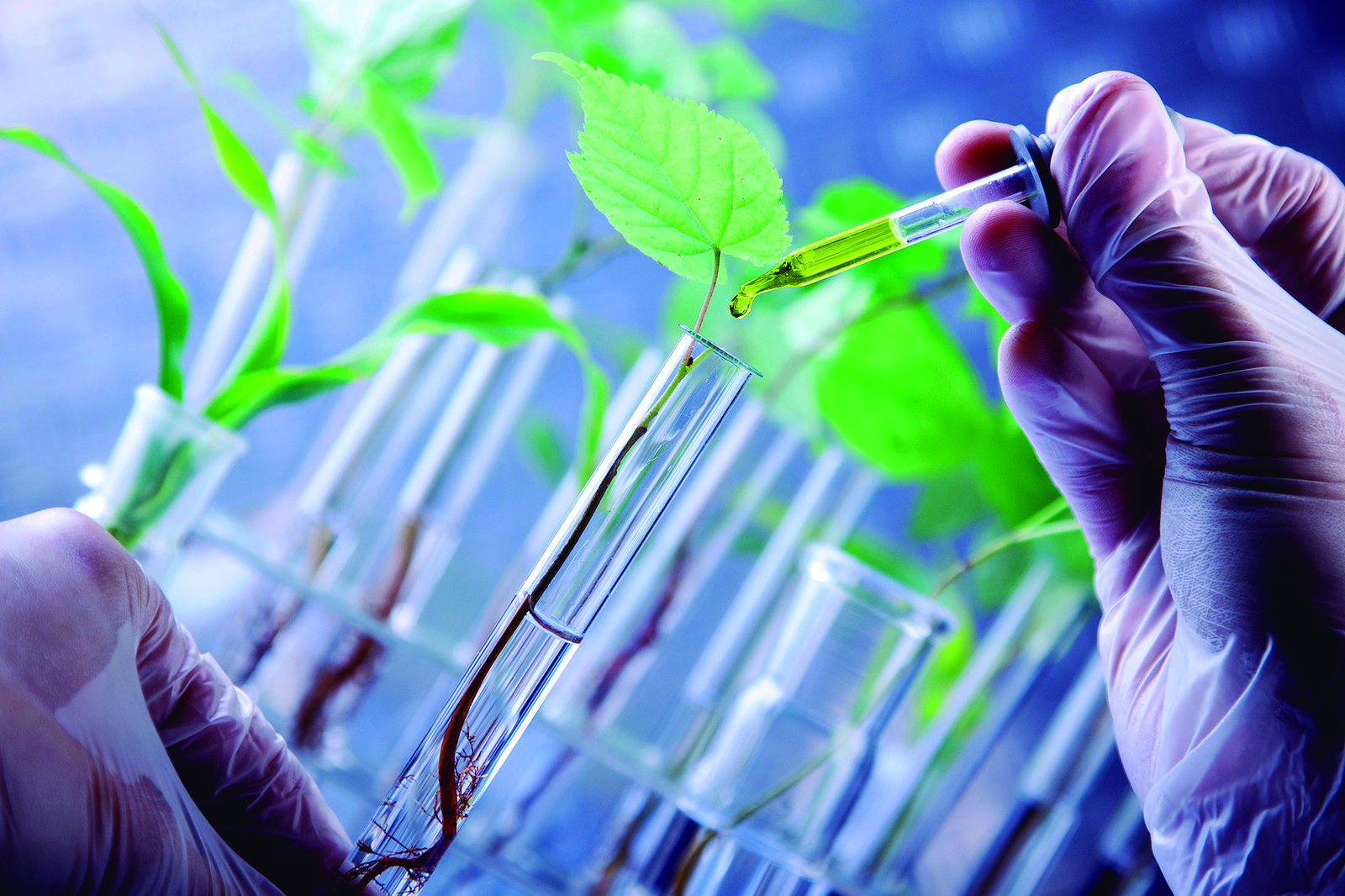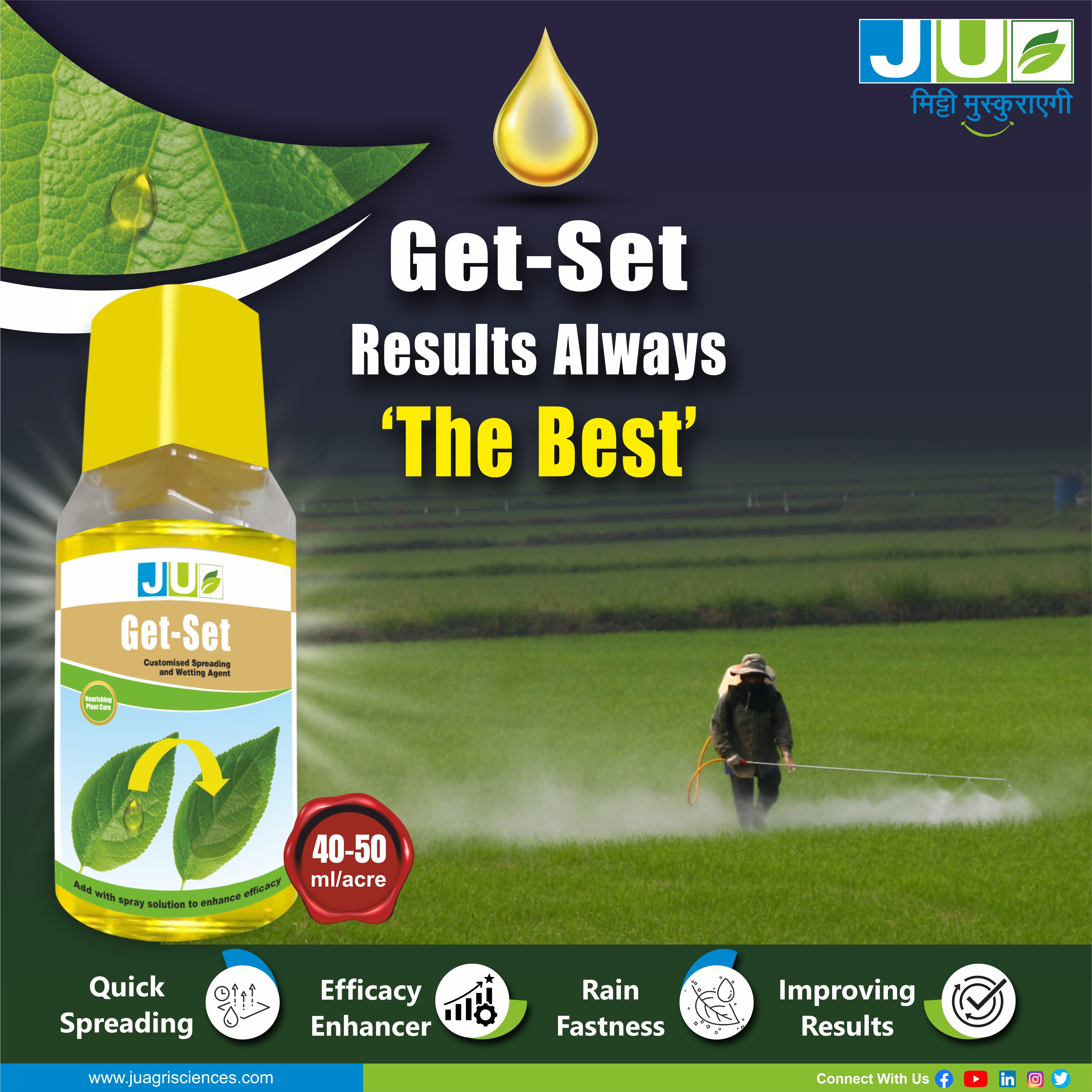The Role of Pesticides in Modern Agriculture
30/01/2024
Modern Agriculture, has witnessed remarkable advancements in
technology and practices aimed at maximizing crop yields to meet the ever-growing
global demand for food. Among the tools in farmer’s arsenal, agriculture pesticides
play a pivotal role in safeguarding crops from pests and diseases. However, the
use of agricultural pesticides is a topic of considerable debate due to
concerns about environmental impact and human health.
Pesticides are substances or mixtures of substances designed to prevent, control, or mitigate the damage caused by pests. Pests can include insects, weeds, fungi, bacteria, viruses and rodents, all of which pose significant threats to crop productivity. Pesticides come in various formulations, each tailored to combat specific pests and address different agricultural challenges.
Types of Pesticides
1. Insecticides: Insecticides are designed to control and manage insect populations that can damage crops. They can be further classified into contact insecticides, which act upon direct contact with the insect, and systemic insecticides, which are absorbed by the plant and kill insects that feed on it.
2. Herbicides: Herbicides target unwanted weeds that compete with crops for nutrients, water, and sunlight. Selective herbicides are designed to target specific types of plants, while non-selective herbicides can eliminate a broad spectrum of vegetation.
3. Fungicides: Fungicides are employed to combat fungal infections that can devastate crops. They work by preventing the growth and spread of fungi, thus protecting plants from diseases like rust, mildew and blight.
4. Rodenticides: Rodenticides are used to control rodent populations that can damage crops and contaminate food storage areas. While effective, their use requires careful consideration to minimize harm to non-target species.
Role of Agriculture Pesticides
1. Increased Crop Yield: Pesticides play a crucial role in protecting crops from pests and diseases, leading to increased yields. By minimizing losses due to pest damage, farmers can ensure a more abundant and reliable food supply.
2. Cost-Efficiency: Agriculture Pesticide use often proves cost-effective in the long run. Preventing crop losses allows farmers to maximize their return on investment and reduces the need for additional resources to replant or restore damaged crops.
3. Global Food Security: As the global population continues to grow, ensuring food security becomes paramount. Pesticides contribute to meeting the demand for food by protecting crops from the threats posed by pests, thereby supporting a more sustainable and resilient agricultural system.
4. Crop Quality: Pesticides not only protect crops from pests but also contribute to maintaining the quality of harvested produce. By preventing diseases and infestations, pesticides help ensure that crops meet the required standards for appearance, taste, and nutritional value.
Challenges and Considerations
While pesticides have proven beneficial in modern agriculture, there are valid concerns about their environmental impact and potential harm to human health. Excessive use or misuse of agriculture pesticides lead to soil and water contamination, harm non-targeted organisms, and contribute to the development of pesticide-resistant pests.
JU Agri Sciences working collaboratively with farmers, scientists and policymakers to strike a balance between reaping the benefits of pesticides and minimizing the negative consequences. Integrated Pest Management (IPM), which combines biological, cultural, and chemical methods, represents a holistic approach to pest control that seeks to reduce reliance on pesticides while ensuring sustainable agricultural practices.
Conclusion
The role of pesticides in modern agriculture in undeniable,
with JU Agri Sciences a one of the top organic fertilizer company in India
serving as a crucial line of defense against the myriad threats that can jeopardize
crop production. As we move forward, it is essential to continue refining our
approach to pest management, prioritizing sustainability, and exploring
innovative solutions that promote a harmonious coexistence between agriculture
and the environment. By doing so, we can safeguard our food supply, protect
ecosystems, and ensure a sustainable future for generations to come.
Categories
Related Blogs
The Role of Pesticides in Modern Agriculture
30/01/2024


